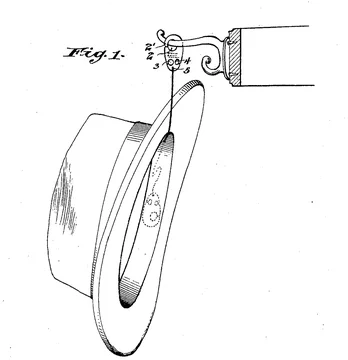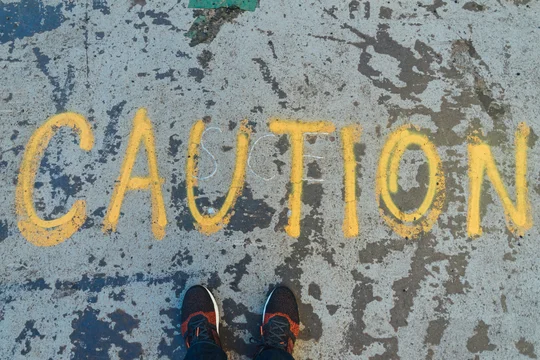
Back in May, we wrote about an order by Chief Judge Connolly directing an ANDA plaintiff to cut back to 4 claims prior to trial, or potentially face a more difficult road for injunctive relief.
Plaintiff cut back to 6 claims, apparently dropping five patents from the case, and the bench trial proceeded.
Last month, Chief Judge Connolly issued his post-trial opinion regarding infringement and invalidity, and directed the parties to enter a proposed order. The parties ended up disputing what should happen to those dropped claims from the five dropped patents in the final judgment:
The proposals differ with respect to the disposition of Counts I through V of the Complaint filed by Plaintiffs (Bial) . . . and [the] corresponding counterclaims filed by Defendant Alkem . . . . The five counts alleged infringement of patents that were not adjudicated at trial. Bial argues that I should dismiss the five counts and corresponding counterclaims as moot and without prejudice. . . . Alkem argues that these claims should be dismissed with prejudice.
Bial-Portela & CA. S.A. v. Alkem Labs., Ltd., C.A. No. 18-304-CFC-CJB, at 2 (D. Del. Oct. 24, 2022).
The Court pointed out that, before trial, it had raised potentially splitting the case into two trials—but it did not get a clear response from plaintiff. It ultimately construed the request to dismiss the claims as moot as a late request to amend the complaint, and denied it:
In now asking me to dismiss as moot and without prejudice Counts I through V, Bial effectively seeks to amend its pleadings under Federal Rule of Civil Procedure 15. That rule confers on the court "extensive discretion to decide whether to grant leave to amend after the time for amendment as a matter of course has passed." Bio-Rad Laby's, Inc. v. 10x Genomics, Inc., C.A. No. 15-152-RGA, D.I. 561 at 3 (D. Del. July 9, 2019) (quoting Wright & Miller, Federal Practice & Procedure Civil 3d, § 1486 (2010)). Exercising my discretion, I will dismiss Bial's withdrawn claims with prejudice.
The Court also noted that if it were to hold otherwise, plaintiffs could engaged in essentially endless litigation—which would be unworkable for the Court:
In ANDA cases, plaintiffs routinely assert at the outset significantly more patent claims than they ever could realistically assert at trial. As trial approaches, plaintiffs reduce their asserted claims to a manageable number and defendants reduce their invalidity defenses. The finite resources of this Court and the parties make this narrowing process necessary. If I were to dismiss Bial' s withdrawn claims as moot and without prejudice, then Bial (and any future plaintiff) would receive a green light to engage in "essentially endless litigation," Bio-Rad, D.I. 561 at 2, and this Court, with its overwhelming docket of patent cases, would grind to a halt.
That's the risk of asserting claims from 11 total patents or a similarly large number. You can't realistically expect try that many patents in one go, and multiple trials in a single case are rare.
Plaintiff shouldn't be too surprised, here. This isn't the first time, or even the first time this year, that the Court has held that voluntarily withdrawn claims were withdrawn with prejudice.
If you enjoyed this post, consider subscribing to receive free e-mail updates about new posts.




